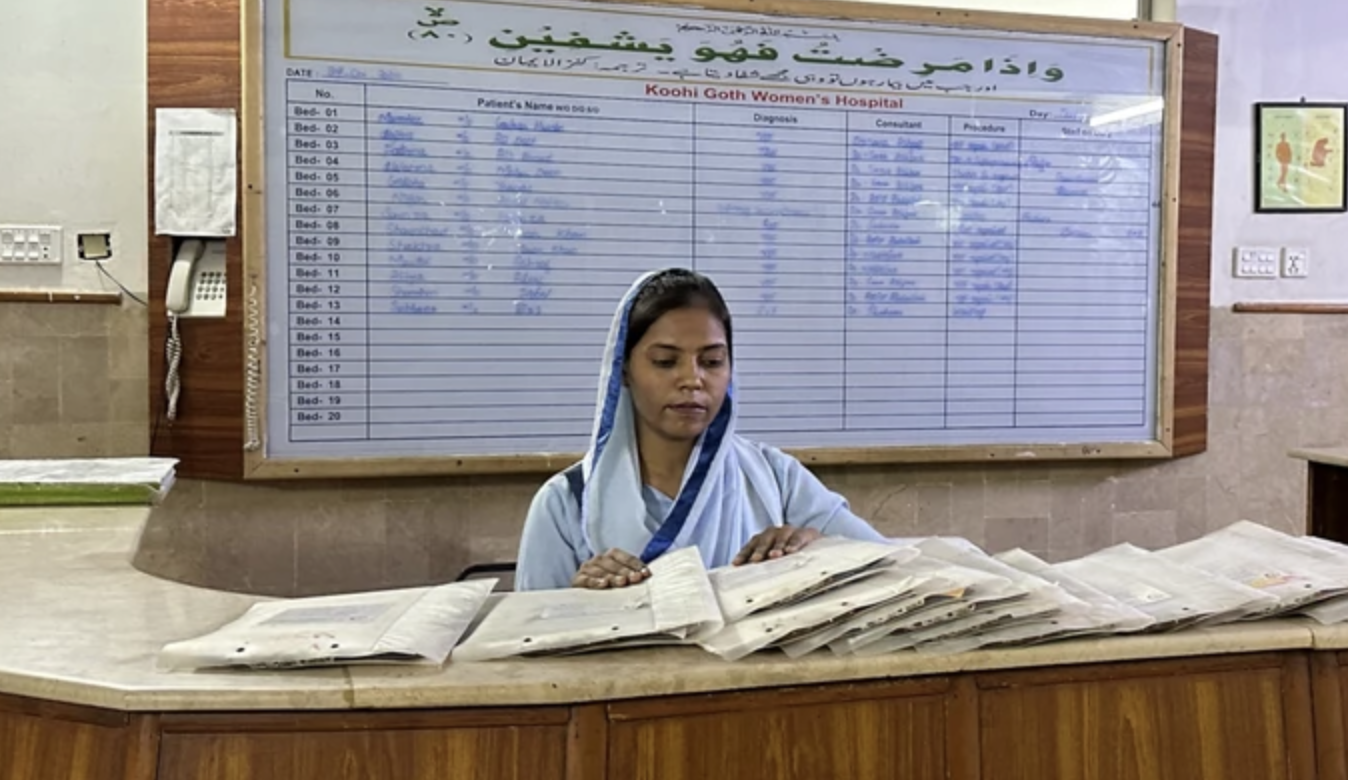In 2024, an estimated 11 million Pakistanis, or 4.4% of the population, are projected to face impoverishment due to out-of-pocket healthcare expenses. To combat this trend and advance universal health coverage, increasing government health spending is essential. However, given the rising debt burdens and unfavorable macro-fiscal conditions in the Global South, especially in Pakistan, this task becomes challenging. The two primary strategies to enhance health funding are: (1) increasing the proportion of public expenditures dedicated to health, and (2) optimizing the use of existing healthcare resources, with a focus on preventive and primary healthcare (PHC).
The successful implementation of these strategies largely depends on the capabilities of mid-ranking government officers rather than solely on top-level policy dialogues. Effective health financing reforms require well-trained administrators who can present both public health and economic arguments, aiming to facilitate changes in health budget allocations. Unfortunately, over a decade post-health sector devolution in Pakistan, provincial health budget processes have remained largely non-strategic and reliant on historical inputs. The lack of specialized graduate programs has led to a shortage of expertise in healthcare financing.
To address these issues, the World Bank, with support from various international organizations, initiated a program to enhance health financing policy in Pakistan. This involved conducting workshops focused on health financing fundamentals for mid-level managers from provincial health departments and related sectors. None of the participants had prior experience in health financing, highlighting the necessity of such training.
Over eight months, a cohort of officials met in Islamabad, Lahore, and Murree to gain practical knowledge about health financing and develop advocacy skills necessary for budget reprioritization and efficient resource utilization. The training was tailored to the specific context of Pakistan’s devolved health system, using examples from participants’ provincial budget documents.
The workshops successfully cultivated a deeper understanding of health financing, leading to actionable insights. For instance, a participant from Sindh discovered ways to reclassify budgetary function codes, potentially streamlining fund allocation for primary healthcare. Participants reported immediate benefits, such as enhancing strategies for procurement and revenue generation tailored to Pakistan’s unique circumstances. This initiative demonstrates how context-specific training can build capacity and spur meaningful policy changes in Pakistan’s health financing landscape.


